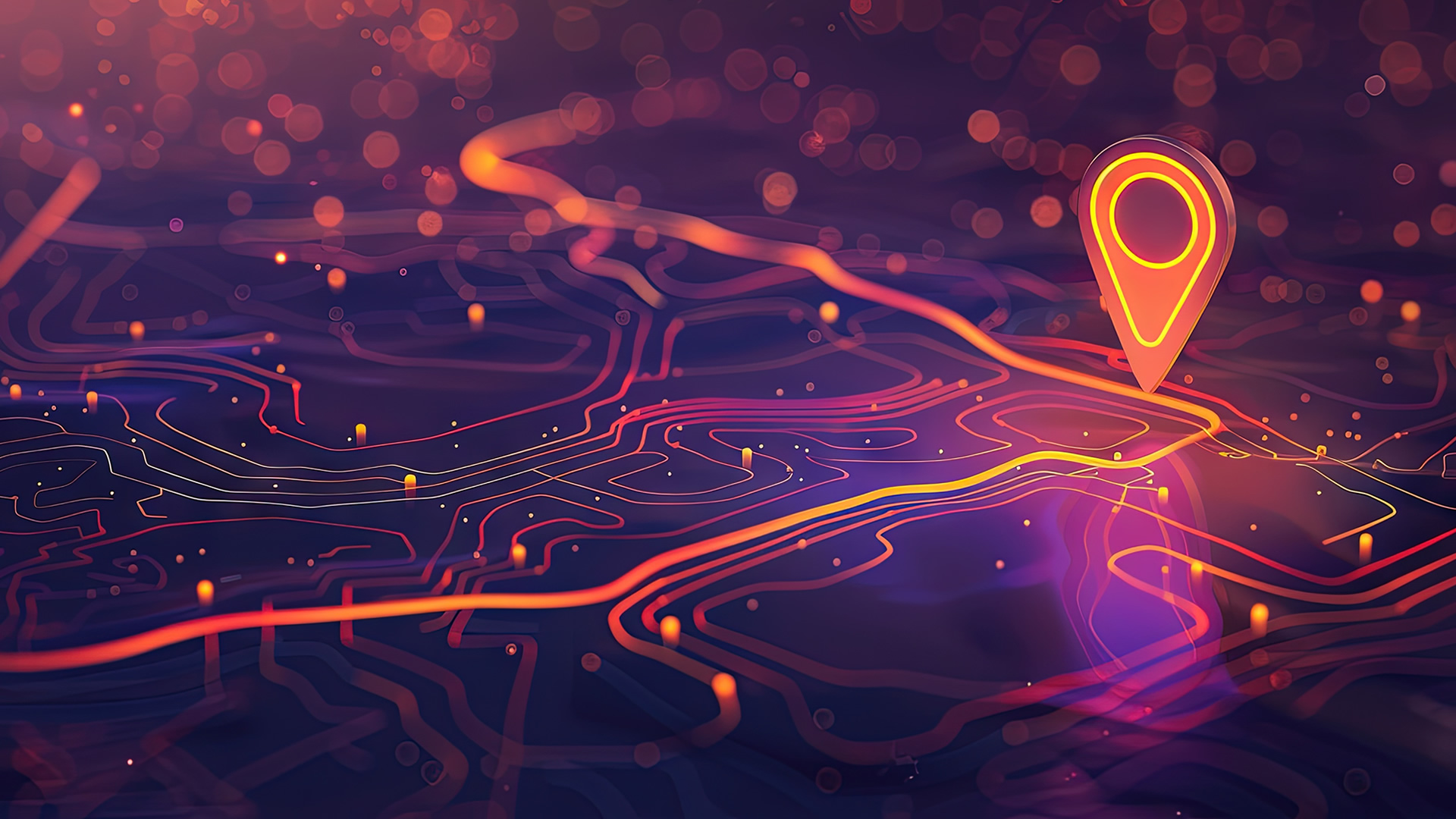Nurses Face Startling Setbacks When Trying to Innovate
Emory School of Nursing is determined to change that. Emory School of Nursing is breaking the cycle by giving students and nurses in practice access to the tools they need to learn and apply critical new skillsets. Everything we develop is designed for accessibility and made to be shared.
Rose Hayes, MA, RN, BSN
For centuries, nurses with innovative ideas have faced massive hurdles when it comes to realizing their solutions: Lack of time, funding, continuing education, institutional support, and access to big data, just to name a few. In fact, many nurses, focused on saving people’s lives above everything else, have simply handed their ideas over to others to patent and implement.
Nursing schools have been trying to teach future generations innovation competencies (like data science, design thinking, and informatics) for a long time, but have found it difficult to do so due to a vicious cycle:
- Many faculty and clinical leaders lack the time and tools to learn emerging skillsets themselves
- With few faculty available to teach innovation competencies, courses that should incorporate concepts like data science often do not
- Graduating nurses enter the workforce without key innovation skillsets and, like nurses before them, find they lack the time and resources to teach themselves or teach others
- And the cycle continues
Emory School of Nursing is breaking the cycle by giving students and nurses in practice access to the tools they need to learn and apply critical new skillsets. We know it’s not enough to build expensive or confusing tools that only a select few can use. All nurses face challenges that can be solved with the right innovation mindset and tools. Therefore, everything we develop is designed for accessibility and made to be shared.
What is an innovation competency, exactly? Nursing, as a profession, is still deciding which topics ought to fall under this umbrella. The short-list below covers some of the core topics we believe all nurses should know in today’s health landscape, along with resources to help nurses learn and apply these competencies. To browse a complete list of innovation resources and projects underway at Emory Nursing, visit nursing.emory.edu.
Big Data and Data Science
What it means:
- Big data has many definitions, but in effect, it refers to the astronomical data sets that come from our never-ending use of devices, cell phones, electronic health records, and more.
- When taken together, these data give you the power to step outside your world view and see what’s happening across systems.
- You should care about this because, with access to big data, nurses can gather the insights they need to inform solutions that are grounded in the reality of what’s happening across healthcare today.
Try it yourself:
- Project NeLL is a suite of applications for teaching and practicing data-driven nursing leadership.
- It was designed by nurses, for nurses, to address the real-world frustrations nurses face when gathering data.
- You can use NeLL on your own, from anywhere, and download data directly to your computer.
Informatics and Analytics
What it means:
- Informatics is the study of computer systems and information technology.
- Analytics refers to the use of data and statistics to improve systems.
- Nursing informatics, in particular, involves combining the power of big data, advanced computational systems, clinical knowledge, and nursing wisdom to transform health, wellness, patient care, and working conditions for nurses.
- If these subjects sound complicated, the truth is, they can be. But they’re also essential for nurses to grasp—and we’re doing everything we can to make them accessible and engaging for learners of all levels.
Try it yourself:
- The Center for Data Science (CDS) works with students and collaborators within Emory and beyond.
- CDS was established to bring the power of data-driven thinking to bear on healthcare’s greatest challenges.
- Every nurse who collaborates with CDS goes on to transform care through leading-edge tools and technologies.
- Services include mentorship on how to use ‘omics data, patent support, the development and testing of sensors, and more.
Design Thinking
What it means:
- Design thinking is a way of seeing the world—not as a minefield of problems, but as a series of possibilities.
- Design thinkers approach problems as “learners” with a “beginner’s eye.”
- They follow a process that shares important similarities with the nursing process.
- A design thinker first aims to understand an issue by listening, empathizing, questioning their own assumptions, and thoroughly defining the problem.
- They then imagine new approaches, create prototypes, and try/test their prototypes until they find a solution that works.
Try it yourself:
- Nurses have always been design thinkers—even if they haven’t always known it.
- Emory Nursing is formalizing this overlap through our partnership with the Emory Hatchery.
- Nursing faculty and Hatchery staff are cultivating an emerging workforce of design thinkers through mentorship, programming, seed funding, and more.
- Find out about collaborating with the Emory Hatchery.
Team Science
What it means:
- Smart leaders don’t work alone—they bring together people, communities, and allies from across specialties and sectors.
- Nurse leaders know how to reconcile these perspectives to create nuanced solutions to healthcare challenges.
Try it yourself:
- When nurses are ready to build and prototype healthcare solutions, they will soon be able to do so through the Emory Nursing Learning Center’s Innovation Hub.
- The Innovation Hub, coming to Downtown Decatur, will be a place for nurses to join with community members, colleagues in business, computer science, engineering, and other fields to create interdisciplinary solutions.
Finally, Emory Nursing Experience, our national continuing education enterprise, is continuously updating its library of courses for nurse leaders to expand their knowledge and skills.
The ENE library is carefully curated based on real needs for nurses in practice, including emerging skillsets like data science (coming soon).
You can access the ENE library from anywhere, take courses on your own time, and secure contact hours for professional advancement.
October 2021










